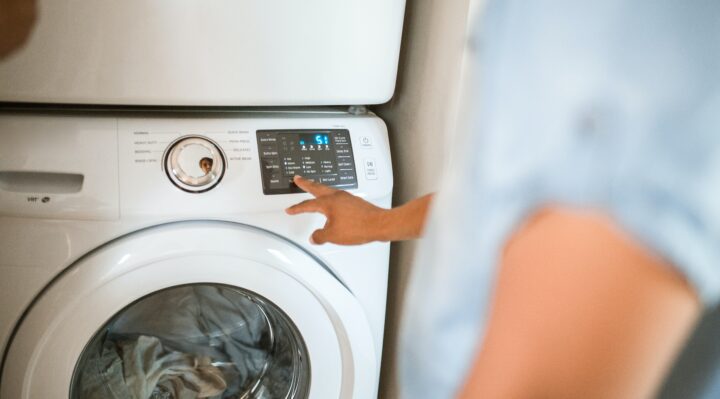Understanding how to save energy when washing clothes can lead to substantial reductions in your utility bills and your carbon footprint. In this guide, we’ll explain clear and simple steps to maximize your energy efficiency during laundry, irrespective of your prior knowledge or technical ability.

Table of Contents
How to Save Energy When Washing Clothes: Choosing the Right Washing Machine
The type of washing machine you use plays a significant role in energy consumption. Opt for an energy-efficient model, preferably one with an Energy Star label. These models use less water and electricity than conventional washing machines.
Wash Full Loads
It’s more energy-efficient to wash a full load rather than several smaller loads. However, avoid overfilling the machine, as this can decrease cleaning efficiency and strain the machine’s components, leading to more energy consumption in the long run.
Use Cold Water
Approximately 90% of the energy used by washing machines is for heating water. Switching to cold water can save a significant amount of energy. Moreover, cold water is gentle on your clothes and can prevent color fading.
Reduce Drying Time
Using a dryer consumes more energy than washing clothes. Try to air-dry your clothes whenever possible. If you have to use a dryer, make sure to spin-dry your clothes at the highest speed that’s safe for the fabric, which will reduce drying time.
For more articles on washer efficiency, click here: Washing Machine Efficiency: Comprehensive Guide to Saving Energy
Regular Maintenance
Regularly clean and maintain your washing machine to ensure it runs efficiently. This includes removing lint and regularly checking for leaks or other issues that could impact performance.
By following these steps, you’ll understand how to save energy when washing clothes. You’ll not only reduce your energy bills but also make a positive contribution towards the environment.
